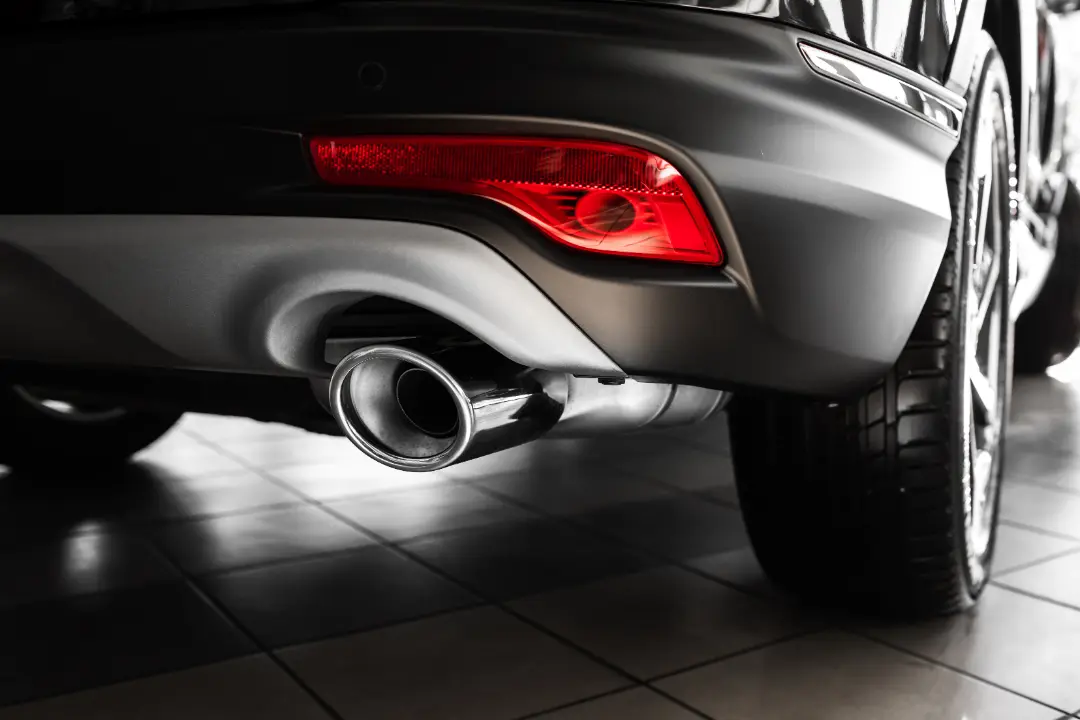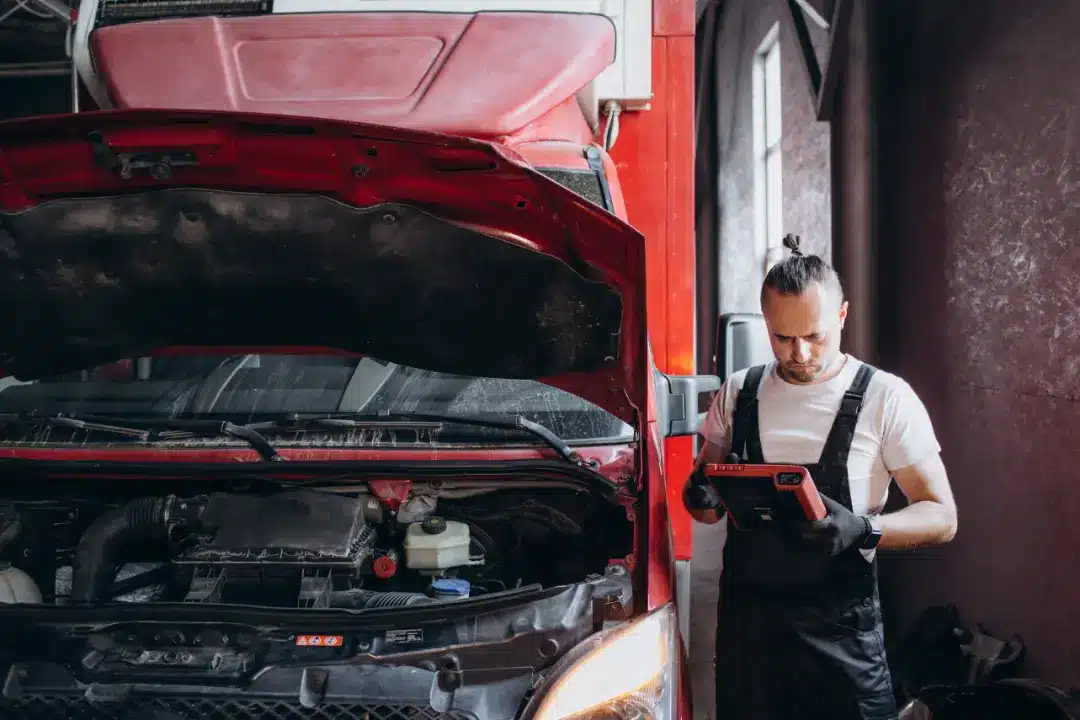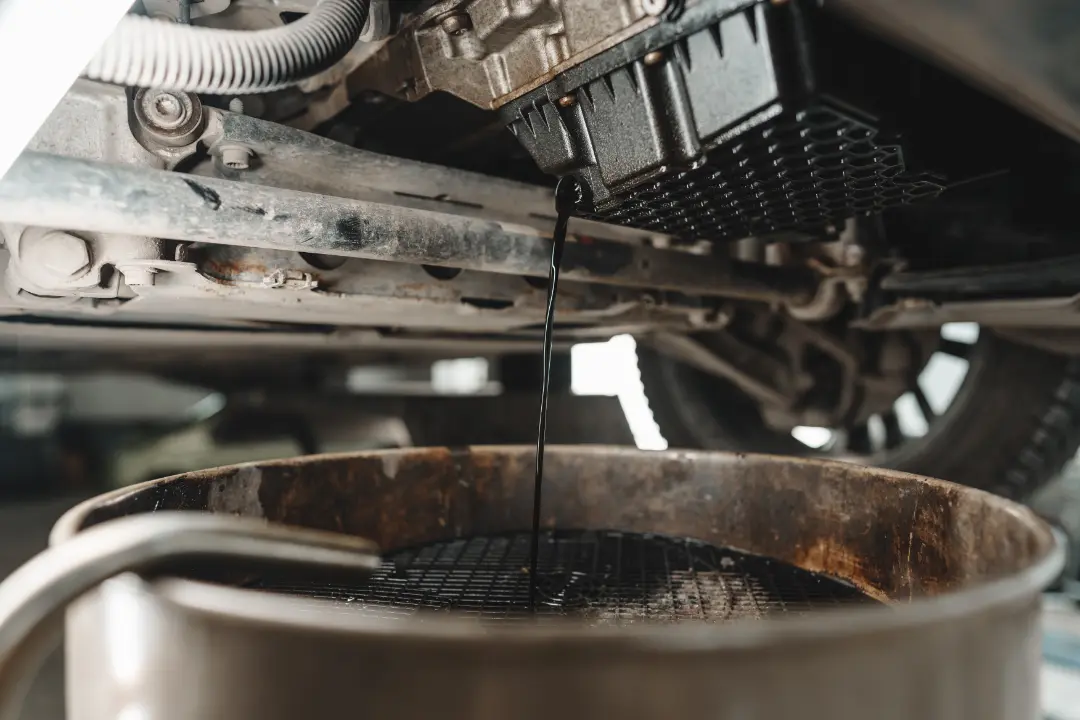Have you recently purchased a used car and wish to keep it running like new? This guide provides essential tips on how to maintain your second-hand vehicle.
We will detail practical steps to extend its lifespan, ensure its reliability, and avoid unexpected repair bills. From maintenance tips to smart driving habits, we’ve got you covered. Keep reading to learn more.
Key Takeaways
- Regular maintenance, such as oil changes, tyre care, and brake system checks, is crucial for a second-hand car’s longevity and peak performance.
- Monitoring car fluid levels, including oil, coolant, and brake fluid, is essential for smooth operation and to prevent engine or brake system issues.
Introduction to Second-Hand Car Maintenance
When it comes to getting the most out of your used car, regular maintenance is your best friend. Looking after your second-hand vehicle not only helps you save money on unexpected repair costs but also improves fuel economy and keeps running costs low.
By staying on top of maintenance, you can enjoy excellent fuel economy, a smoother driving experience, and greater peace of mind on the road.
Whether you are buying a used car for the first time or looking to extend the life of your current vehicle, understanding the importance of regular maintenance is key to making an informed decision. After all, a well-maintained used car is more reliable and comfortable and can help you avoid costly surprises down the line.
Essential Maintenance Tasks for Your Second-Hand Car
Owning a second-hand car requires you to take care of it by providing regular maintenance, attention, and checkups.
Second-hand cars are often more economical and cheaper to maintain than new vehicles, making them a practical choice for many drivers.
Maintenance activities such as changing the oil, inflating the tyres, and replacing air filters can prevent common issues and extend the vehicle’s life. A well-maintained car will perform better and last longer. Consistent servicing and repair also preserve the car’s financial value and reduce stress. It is an investment that pays off in the long run.
Regular Oil Checks and Changes
Oil is essential to keep a car’s engine running smoothly, just like blood is essential to keep our body healthy. To ensure the health of your engine, it’s crucial to check the oil regularly. By doing this, you can keep an eye on the colour and consistency of the oil. If you notice any issue, it’s better to address it promptly to avoid potential engine damage. So, make sure to include oil checks in your car maintenance routine, especially if you’re using a used car. If you see the oil warning light on your dashboard, don’t ignore it, as it could be a sign of a serious problem.
Brake System Assessment
The braking system in your vehicle is vital for your safety on the road. If you notice a brake system warning light, it may indicate potential issues with the brake fluid level or a brake system malfunction. If the brake pad warning light is also illuminated, it means that the brake pads are considerably worn and require replacement. To ensure the brakes perform effectively and keep you safe while driving, it’s crucial to keep an eye on the brake fluid level and address any warning lights promptly.
Tyre Care and Rotation
Car tyres are not just protective coverings for wheels made of rubber. They are the only parts of your car that touch the road and significantly affect the way your car moves. If the tyre pressure warning light on your dashboard illuminates, it indicates low tyre pressure, often due to punctures or natural air loss over time.
Regular tyre maintenance, such as maintaining the correct tyre pressure and rotating the tyres, can significantly prolong their lifespan and save you from the unexpected expenses of replacing tyres.
Monitor Car Fluids & Maintain the Appropriate Amount
It’s important to understand and monitor the fluids in your car. From brake fluid to coolant and screen wash, each fluid has a specific role in ensuring your vehicle runs smoothly and protects different areas.
In addition, don’t forget to check the air conditioning system and its refrigerant level as part of your regular fluid maintenance to ensure passenger comfort and proper climate control function.
Therefore, it’s recommended to regularly check these fluid levels and top them up or replace them when necessary.
Power Steering Fluid
Have you ever wondered how your car’s steering feels so smooth and easy? Well, the power steering fluid is responsible for that. Its main function is to facilitate the efficient and easy operation of the steering wheel, which is essential for the proper functioning of the steering system.
Its key roles include creating a hydraulic connection between the steering wheel and the front wheels, reducing the effort required to turn the steering wheel, and lubricating and protecting the components of the steering system.
For optimal performance, replacing the power steering fluid every two years or every 75,000 miles is recommended.
Engine Coolant
The coolant in your car helps to regulate the engine’s temperature, ensuring it operates efficiently and prevents overheating. It’s like a cool drink for your car’s engine on a hot day.
If you see a temperature warning light on the dashboard, it could signify low coolant levels or other severe engine issues. So, it’s essential to keep your coolant levels up to date.
Brake Fluid
Your brake fluid should be checked regularly for contamination to ensure safety and optimal braking performance. If the brake fluid appears dark or resembles used oil, it may be contaminated and needs a flush and replacement.
Maintaining clean brake fluid is essential for maintaining optimal brake performance. So, include brake fluid checks in your used car checklist.
Tips for Buying a Used Car in the UK
Buying a used car can feel like navigating a maze. However, we are here to assist you. By reviewing the vehicle’s service history, taking into account the previous owners, and conducting thorough private history checks, you can easily select a reliable used car without any trouble.
When evaluating a used car, it’s important to consider the car’s age and how its mileage—whether high mileage or lower mileage—reflects its actual usage and condition. These factors can vary depending on the previous owner’s driving habits, location, and maintenance, so always compare the mileage with service records and the car’s overall wear to ensure it matches the vehicle’s history.
1. Evaluate the Car’s Service History
When considering purchasing a used car, evaluating the car’s service history is important. The service history is comparable to a report card, as it provides information on how well the car has been maintained and can significantly influence its current and resale value.
Reviewing the service history gives valuable insight into the car’s past, including previous maintenance and ownership. A thorough service history can offer insights into the car’s past and indicate responsible ownership.
You can confirm the service history by checking the service books and contacting the garage that serviced the car. So, it’s recommended that you carefully examine the service history of a used car before making a purchase.
2. Consider the Impact of Previous Owners
A car’s past owners can tell you much about its current condition. A vehicle with a single previous owner, especially a private seller, will likely have a more consistent maintenance history and potentially less wear and tear. If rental agencies or fleet services own the car, it may exhibit more rapid depreciation and wear.
Different drivers have various driving styles, and aggressive driving can result in more rapid wear of brakes and engines. So, understanding the impact of previous owners can help you make a more informed decision.
3. Choose the Right Second-Hand Car
Selecting the right used car can feel overwhelming, but focusing on reliability and key factors can make the process much easier.
When browsing the used car market, it’s important to consider a car’s past, its age, and its mileage. These are some of the most important factors that influence a car’s reliability and long-term performance.
Doing your homework and researching the most reliable used cars will help you make an informed decision and find a vehicle that suits your needs and budget.
How to Research the Most Reliable Used Cars
If you want a dependable ride, start by looking for used cars with a good reputation, low mileage, and a full service history.
When comparing options, pay attention to the engine type. Both petrol and diesel engines have their own advantages, so consider which best fits your driving habits and fuel economy needs.
Don’t forget to take your shortlisted cars for a test drive to get a feel for their performance and reliability. A thorough review of the service history and a careful test drive can help you spot any hidden issues and ensure you’re choosing one of the most reliable used cars available.
Sovereign Motor Engineers: Your Partner in Second-Hand Car Care
While maintaining a second-hand car might seem daunting, you’re not alone in this task. Meet Sovereign Motor Engineers, an independent car garage known for its family-run business model and comprehensive vehicle services. We are a one-stop shop for all your car care needs, including:
- Diagnostics
- Repairs
- MOT testing
- Sales
Why Choose Sovereign Motor Engineers
At Sovereign Motor Engineers, providing excellent customer service is not just a slogan; it’s a way of life. Our team is renowned for its honesty, efficiency, and friendly demeanour.
With extensive experience servicing a variety of car brands, we prioritise quality and customer satisfaction in everything we do.
Whether you require a fast oil change or a thorough service, Sovereign Motor Engineers has got you covered. Schedule an appointment today!
We Are Classic Car Experts
If you’re a classic car enthusiast, we at Sovereign Motor Engineers can provide you with the best care for your prized possession.
With over a decade of experience in servicing various classic and vintage car brands, our expertise extends to popular models from manufacturers such as Alfa Romeo, Lagonda, Facel Vega, Triumph, and many more. So, whether you own a classic Mustang or a vintage Beetle, you can trust us to take care of your car. Schedule an appointment today!
How to Keep Your Used Car’s Interior Pristine
Regularly cleaning your car’s interior keeps it looking good, preserves its value, and ensures continued comfort for the occupants. After all, who doesn’t love the feeling of sliding into a new car with a clean, fresh-smelling interior?
As part of your interior maintenance, make sure to clean and check the infotainment system to ensure all controls are functioning properly and to enhance your overall driving experience.
Clean and Protect the Upholstery
Dirty upholstery can make even the most luxurious car look shabby. But with regular cleaning and protection, you can keep your car’s upholstery looking as good as new. Start with vacuuming the upholstery, addressing stains promptly, and applying a protective coating to resist wear and tear.
Freshen Up the Air Con
Regular servicing, cleaning of air filters, and using it regularly can keep the system lubricated and fresh. An air con cleanse can also improve the air quality by performing an antibacterial treatment, removing pollutants and allergens from the car’s interior.
Electrical Systems and Warning Lights
Your car’s electrical system connects everything and ensures everything runs smoothly. Keeping an eye on the dashboard warning lights and maintaining the electrical system can ensure reliability and prevent sudden breakdowns.
As part of your checks, listen carefully for any unusual sounds, as these may indicate electrical or mechanical issues that need attention.
Battery Maintenance Tips
The battery in your car is vital as it powers everything from the engine to the lights. Maintaining your car’s battery is essential for optimal performance.
Keep the terminals clean and consider using a trickle charger if your vehicle will be unused for long periods to prevent battery degradation.
Prepare for MOT and Ensuring Roadworthiness
The MOT test near you in Tonbridge serves as a health checkup for your car. It ensures that your car meets roadworthiness standards and is safe to drive. Preparing for this test can seem daunting, but with regular checks and maintenance, you can breeze through it like a test drive.
As part of your preparation, make sure to inspect your vehicle for rust spots, as these can indicate neglect and may lead to costly repairs if not addressed before the MOT test.
What to Check Before Your MOT
Before your car’s MOT test, you should perform some essential checks. From cleaning your car inside and out to inspecting lights and checking fluid levels, each check is critical for passing the MOT. It’s like studying for an exam – the more prepared you are, the better you’ll do.
Smart Driving Habits to Reduce Wear and Tear
Did you know that the way you drive can have a direct impact on the lifespan of your car? By adopting smart driving habits such as gentle acceleration and braking, following the weight limit of your vehicle, and avoiding potholes and rough road surfaces, you can significantly reduce wear and tear on your car. This will help prolong its lifespan and ultimately lead to lower maintenance costs over time.
When driving at higher speeds, it’s important to maintain control and use your brakes rather than downshifting to slow down, as this helps prevent drivetrain damage.
Reliable vehicles are especially beneficial for long distances, offering comfort and durability on extended journeys.
If you frequently drive short distances, be sure to monitor your diesel particulate filter for warning signs of clogging, as urban driving can increase the risk of issues.
Frequently Asked Questions
How often should I change the oil in my second-hand car?
You should change the oil in your second-hand car every 3,000 miles or every three months, whichever comes first.
What should I check before buying a used car?
Before buying a used car, check the service history, evaluate the car’s overall condition, and perform a private history check.
Consider choosing models with well-known reliability. These are less likely to have future issues and are known for their dependable performance. This will help you make an informed decision about the purchase.
How often should I service my car?
You should service your car every 12,000 miles or every 12 months, whichever comes first. Regular maintenance is important to ensure your car runs smoothly and efficiently.
What should I check before my car’s MOT test?
Before your car’s MOT test, clean your vehicle inside and out, inspect all the lights, and check the fluid levels to ensure everything is in top condition.
Conclusion
Owning a second-hand car requires regular maintenance and attention to ensure its longevity and reliability. By following the tips outlined in this guide, such as regular oil changes, tyre care, and monitoring fluid levels, you can keep your second-hand vehicle running smoothly and avoid unexpected repair costs. Remember, a well-maintained car performs better and retains its value over time.
For all your second-hand car maintenance needs, trust Sovereign Motor Engineers. With our experienced team and commitment to customer satisfaction, we provide comprehensive vehicle services to keep your car in top condition. Contact us today to schedule an appointment and experience the expertise of Sovereign Motor Engineers.




